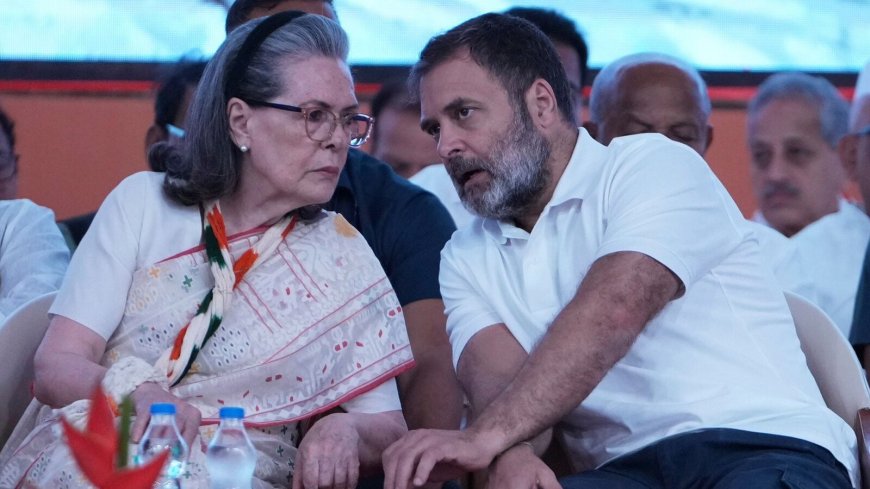At AICC session in Gujarat, Rahul Gandhi pushes for a pan-India caste census, hails Telangana for showing the way
Congress leader Rahul Gandhi on Wednesday said the party would demolish the wall that is restricting reservation to 50 per cent for the Scheduled Castes (SCs), Schedule Tribes (STs) and Other Backward Classes (OBCs) while pushing for a caste census across the country.

At AICC Session in Gujarat, Rahul Gandhi Advocates for a Pan-India Caste Census
News by dharmyuddh.com
The Significance of a Pan-India Caste Census
During the recent AICC session held in Gujarat, Congress leader Rahul Gandhi emphasized the urgent need for a pan-India caste census. This move aims to accurately document the socio-economic status of various communities across the country. A caste census can provide critical data that assists in policy formulation and ensures equitable distribution of resources among different caste groups. Rahul Gandhi highlighted Telangana as a progressive state that has set a precedent by conducting a detailed caste census, demonstrating the positive impact such measures can have on social justice and inclusion.
Telangana's Initiative: A Model for the Nation
Rahul Gandhi praised Telangana for its pioneering efforts in documenting caste demographics, stating that the state has successfully showcased how such initiatives can empower marginalized communities. By effectively implementing a caste census, Telangana has managed to uplift various communities by allowing them to access government schemes and reservations aimed at socio-economic advancement. This serves as a blueprint for other states in India, showcasing the necessity for similar actions nationwide.
Political Implications and Public Response
The call for a pan-India caste census has sparked a wave of discussions across political platforms and forums. Many citizens and political analysts believe that this initiative could redefine electoral strategies and enhance representation in governance. However, the idea has also faced criticism from various quarters questioning the need for such divisions in society. However, proponents argue that proper documentation will foster greater inclusion and reduce disparities among different caste groups.
The Next Steps for Implementation
While the advocacy for a pan-India caste census has gained momentum, the next steps are crucial. The Congress party aims to garner support from various regional parties to push for a bill that secures the funding and framework for conducting the census. It is imperative that stakeholders, including state governments, civil society organizations, and community leaders, come together to make this vision a reality, ensuring that each community's voice is heard and represented accurately.
Conclusion
Rahul Gandhi’s push for a pan-India caste census reflects the Congress party’s commitment to social justice and equity. As discussions evolve, it is essential for the nation to recognize the significance of understanding caste demographics to build a more inclusive society. For more updates, visit dharmyuddh.com. Keywords: Rahul Gandhi caste census, AICC session Gujarat, Telangana caste census model, social justice India, political representation caste groups, effective governance India, Indian politics caste dynamics, caste census necessity, inclusion in India, socio-economic development census







